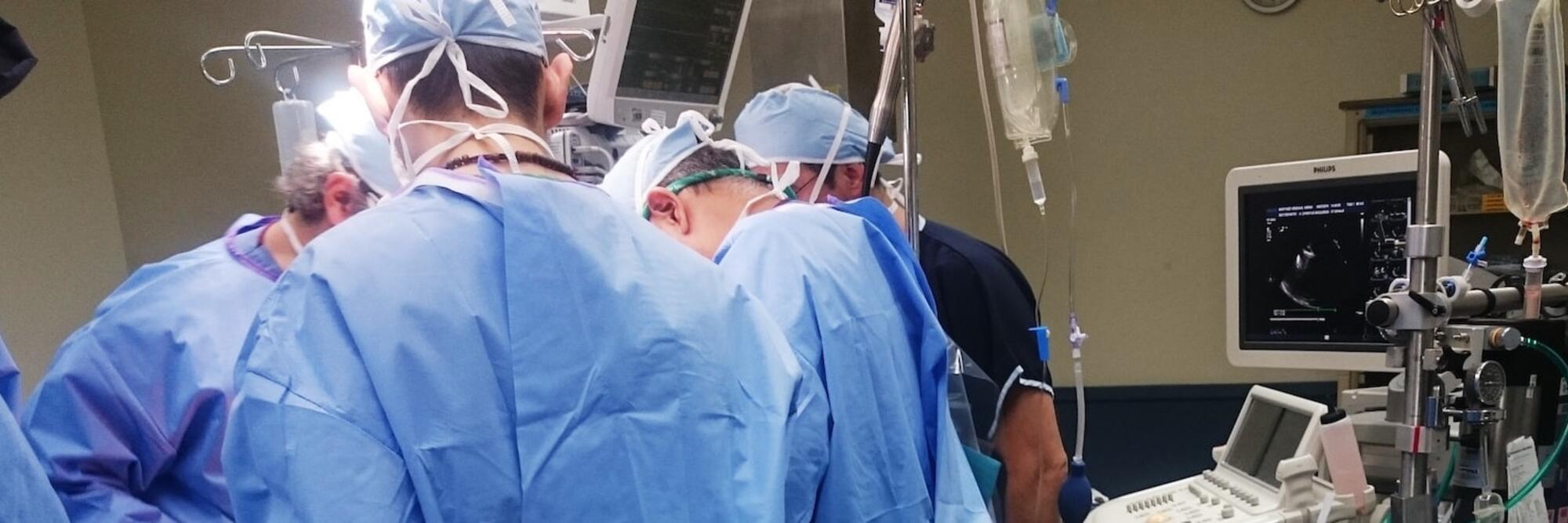We recommend the Cigna Global Health Insurance Plan, which offers the flexibility to tailor a plan to suit you and your individual needs. The plan gives access to Cigna’s worldwide network of hospitals and English-speaking doctors, and 24/7 customer service. Find out more here.
Health insurance for expats living in Singapore
Healthcare in Singapore is known for its high-quality and efficient system, often cited as one of the best in the world. Singapore's healthcare system is a mix of public and private providers. The government operates public hospitals and clinics, while private healthcare facilities are also widely available.
There is a universal healthcare system where all citizens and permanent residents are required to contribute to a national health insurance scheme known as the Central Provident Fund (CPF). However, this does not cover foreigners and expats in Singapore who are required to take out their own health insurance. The system, known as the 3Ms, comprises the following programs:
MediSave – Personal and employer funded medical insurance
Singaporean citizens and permanent residents are required to contribute a portion of their income to their Medisave accounts, which can be used to cover medical expenses for themselves and their dependants.
MediShield Life – Singapore’s national health insurance scheme
Medishield Life is a national health insurance scheme that provides coverage for major illnesses and certain costly medical treatments. It is designed to protect citizens from large medical bills.
MediFund – A safety net for those in need
Medifund is a safety net for those who still face difficulties paying for healthcare, even with Medisave and Medishield Life. It provides financial assistance to those in need.
Cost of private healthcare in Singapore
Compared to the US, medical costs in Singapore may appear good value, but costs can quickly spiral out of control. As of 2023, an initial consultation with a senior consultant will cost around SGD 200, and an MRI scan will cost north of SGD 1,000, while a hip replacement may cost around SGD 25,000.
Private hospitals in Singapore
 Singapore has a world-class healthcare system, and both the public hospitals and private hospitals are really excellent.
Singapore has a world-class healthcare system, and both the public hospitals and private hospitals are really excellent.
Read more
► The best private hospitals in Singapore
► The healthcare system in Singapore
How expats in Singapore get health insurance
Very few expats in Singapore are permanent residents – even those who have lived here for decades will find it hard to become PRs – and they therefore are not able to contribute to the Central Provident Fund (CPF) which helps fund the public health insurance. Most foreigners in Singapore will hold a visa such as the Employment Pass, the Dependant Pass or the S-Pass.
Expats will need to pay out of their own pocket for all their medical care unless they have private health insurance, whether this is done privately or provided by their employer.
Employer-funded health insurance in Singapore
For expats in Singapore with a Work Permit or S-Pass, their employer is required to provide health insurance. As of July 2023, employers are obliged to purchase and maintain a minimum medical insurance coverage of at 60,000 SGD for each S-Pass and Work Permit holder. This insurance should include day surgery, inpatient hospitalisation, and should also cover non-work-related accident or illness.
Foreigners who are working on the Employment Pass are not covered by mandatory insurance through their employer, and while they are not required to buy their own insurance policy, it’s highly recommended that they do.



